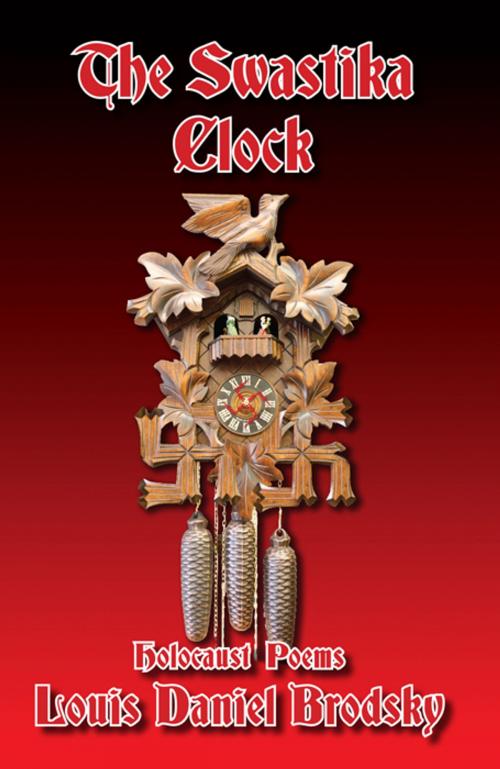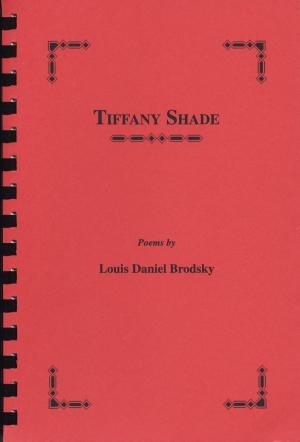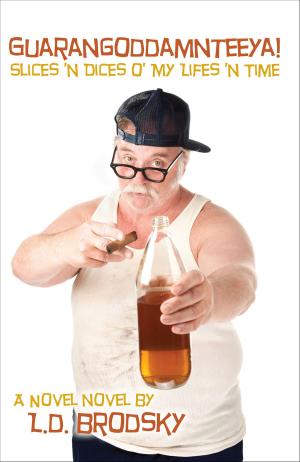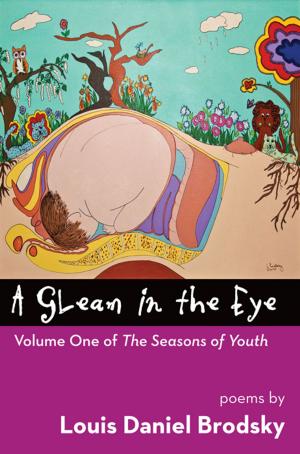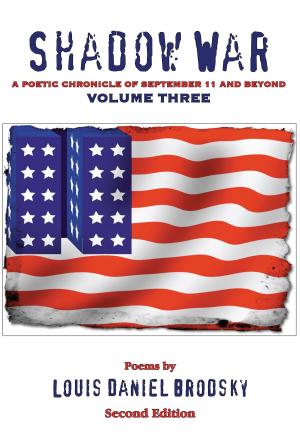| Author: | Louis Daniel Brodsky | ISBN: | 9781568091525 |
| Publisher: | Time Being Books | Publication: | April 25, 2012 |
| Imprint: | Time Being Books | Language: | English |
| Author: | Louis Daniel Brodsky |
| ISBN: | 9781568091525 |
| Publisher: | Time Being Books |
| Publication: | April 25, 2012 |
| Imprint: | Time Being Books |
| Language: | English |
In The Swastika Clock, Louis Daniel Brodsky writes the daily log of his passion, his anger, his desolation, his entrails-deep pain. In the ticking darkness of the Holocaust, in which we have lived, these past 70 years, and driven by his unremitting war against forgiveness and forgetting, he hurls rant after rant at us, his amazed and chastened readers, giving full rein to his Diasporan anger over what was done to his people, the Jews of Europe, during the Shoah decade, when millions were not merely murdered but mortified to the quick, mutilated beyond recognition, massacred in nearly unimaginable ways. In this book, which packs the wallop of a centuries'-long scream, Brodsky refuses to mask the occasion by singing of reconciliation and healing, and yet, at key moments of this late hour, his raging words modulate, to deliver demolishing insights to our shattered hearts.
In The Swastika Clock, Louis Daniel Brodsky writes the daily log of his passion, his anger, his desolation, his entrails-deep pain. In the ticking darkness of the Holocaust, in which we have lived, these past 70 years, and driven by his unremitting war against forgiveness and forgetting, he hurls rant after rant at us, his amazed and chastened readers, giving full rein to his Diasporan anger over what was done to his people, the Jews of Europe, during the Shoah decade, when millions were not merely murdered but mortified to the quick, mutilated beyond recognition, massacred in nearly unimaginable ways. In this book, which packs the wallop of a centuries'-long scream, Brodsky refuses to mask the occasion by singing of reconciliation and healing, and yet, at key moments of this late hour, his raging words modulate, to deliver demolishing insights to our shattered hearts.
More books from Time Being Books
We use our own "cookies" and third party cookies to improve services and to see statistical information. By using this website, you agree to our Privacy Policy
